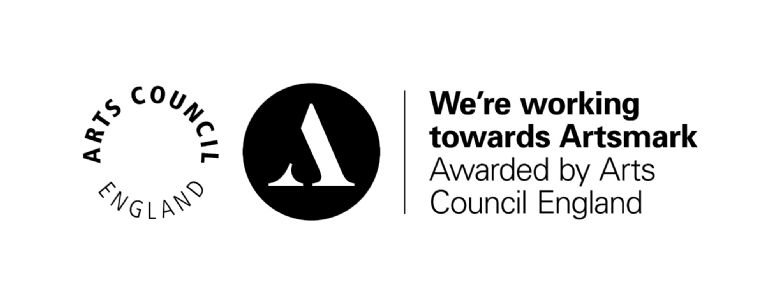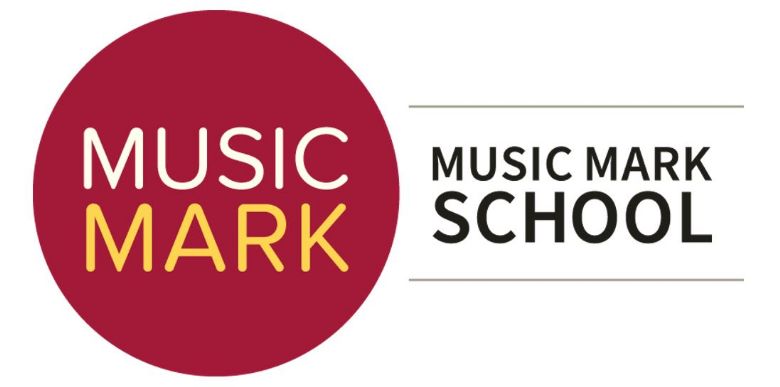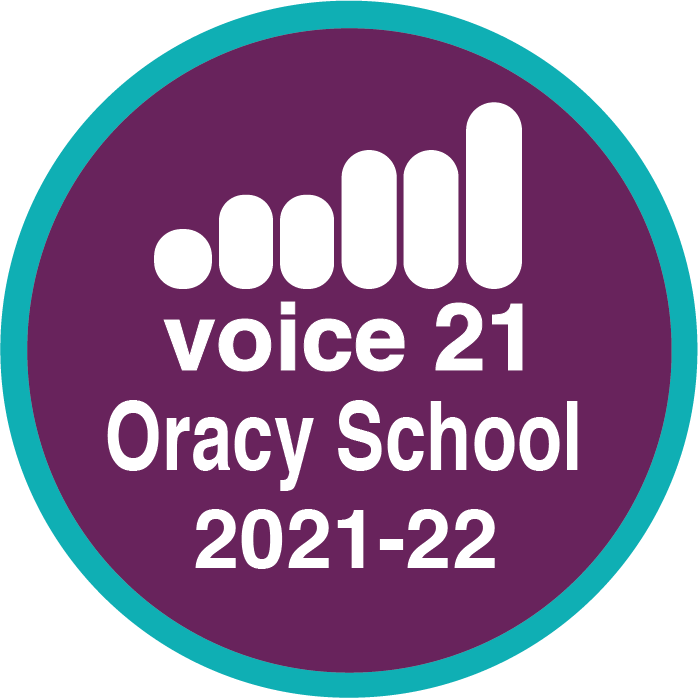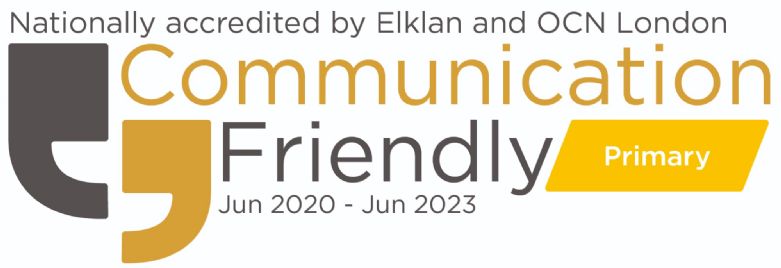This is the forth year in which children in Year 2 have been assessed against the updated curriculum. The current curriculum is more rigorous and places a greater emphasis on key skills such as grammar, punctuation and spelling.
Mathematics Paper 1: Arithmetic
Mathematics Paper 2: Reasoning
English Reading Paper 1: Combined reading prompt and answer booklet
English Reading Paper 2: Separate reading booklet and answer booklet
English Grammar, Punctuation and Spelling Paper 1: Spelling
English Grammar, Punctuation and Spelling Paper 2: Grammar and Punctuation questions
A pupil’s scaled score will be based on their raw score. The raw score is the total number of marks a pupil receives in a test, based on the number of questions they answered correctly. The pupil’s raw score will be translated into a scaled score using a conversion table. A pupil who achieves the national standard will have demonstrated sufficient knowledge in the areas assessed by the tests. This will mean that they are well placed to succeed in the next phase of their education.
Mathematics assessment
Teacher assessment, not test results, will have the final say in your child’s overall results for the end of KS1.
Areas of Mathematics:
•Number
•Measurement
•Geometry
•Statistics
At the end of KS1, children are assessed against the following criteria:
Working towards the expected standard
Working at the expected standard
Working at a greater depth within the expected standard
Reading assessment
Teacher assessment, not test results, will have the final say in your child’s overall results for the end of KS1.
An overall judgement will be given on both the speed and accuracy of children’s reading and how they respond to what they have read.
At the end of KS1, children are assessed against the following criteria:
Working towards the expected standard
Working at the expected standard
Working at a greater depth within the expected standard
Grammar, Punctuation and Spelling
Children are tested against the grammar, punctuation and spelling criteria for Year 2. The test outcome forms part of the teacher judgement towards the overall writing assessment
Questions will be in the form of short written answers or multiple choice answers
Children have been taught and should be familiar with the key vocabulary e.g. noun phrases, suffixes etc.
Writing assessment
Children’s writing is assessed by the teacher using evidence of progress in writing throughout the year. There is no formal written test.
HOW CAN I HELP MY CHILD?
•Reading – Read with your child every day. Talk to them about what they read and ask them questions. Help them to find texts that they enjoy reading. Ask children to give opinions and make predictions.
•Writing – Help your child with their homework. Remind them to use their best handwriting at all times. Ask them to read what they have written to you. Correct their spoken grammar. Use the common exception words mats they have been given to check spellings.
•Maths – Ask them to talk about their current learning in Maths and what they need support with. Play practical, written and online games to encourage a love of Maths. Use maths in real life contexts such as counting sweets and sharing, calculating change and telling the time on a analogue clock face to the nearest 5 minutes.



















